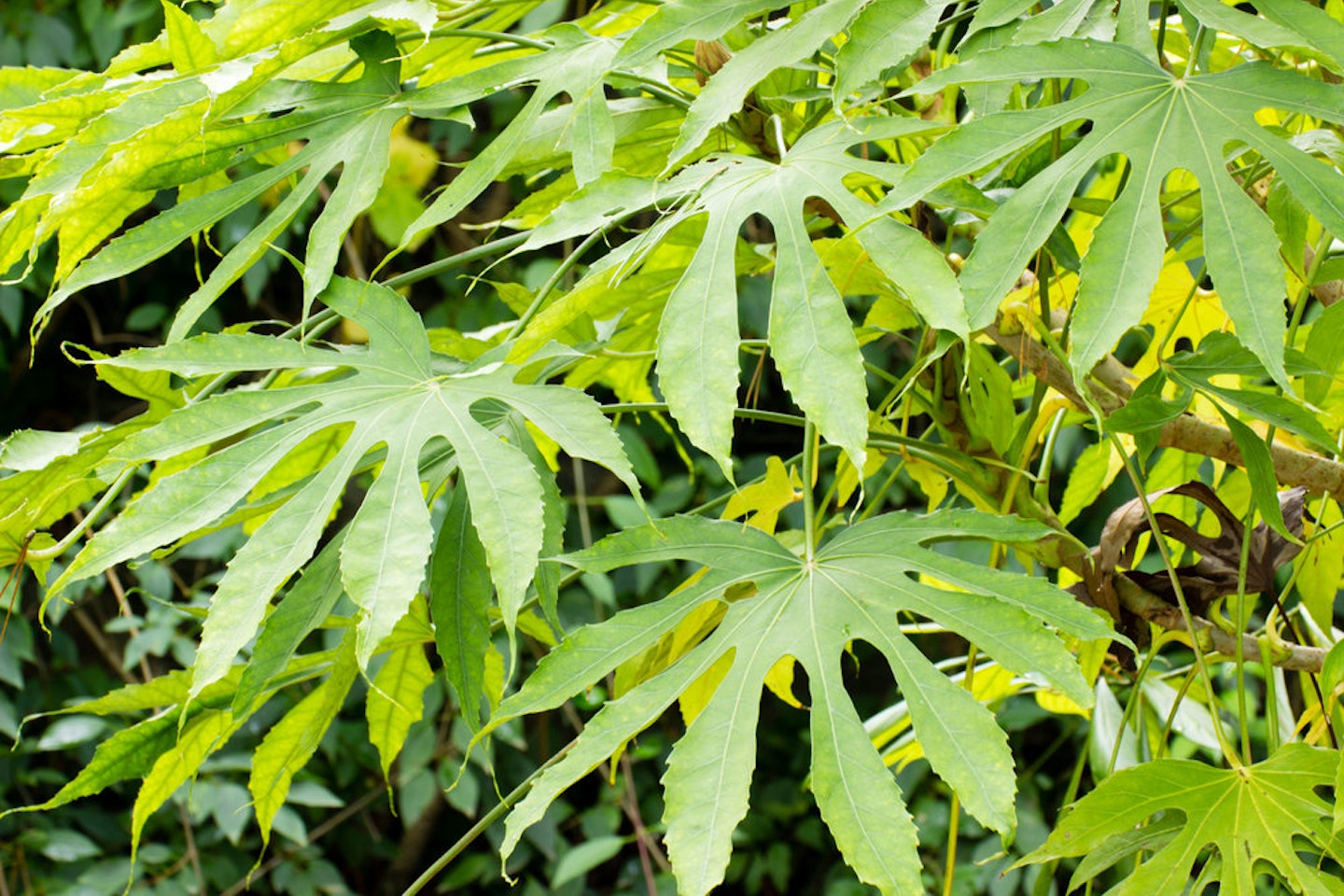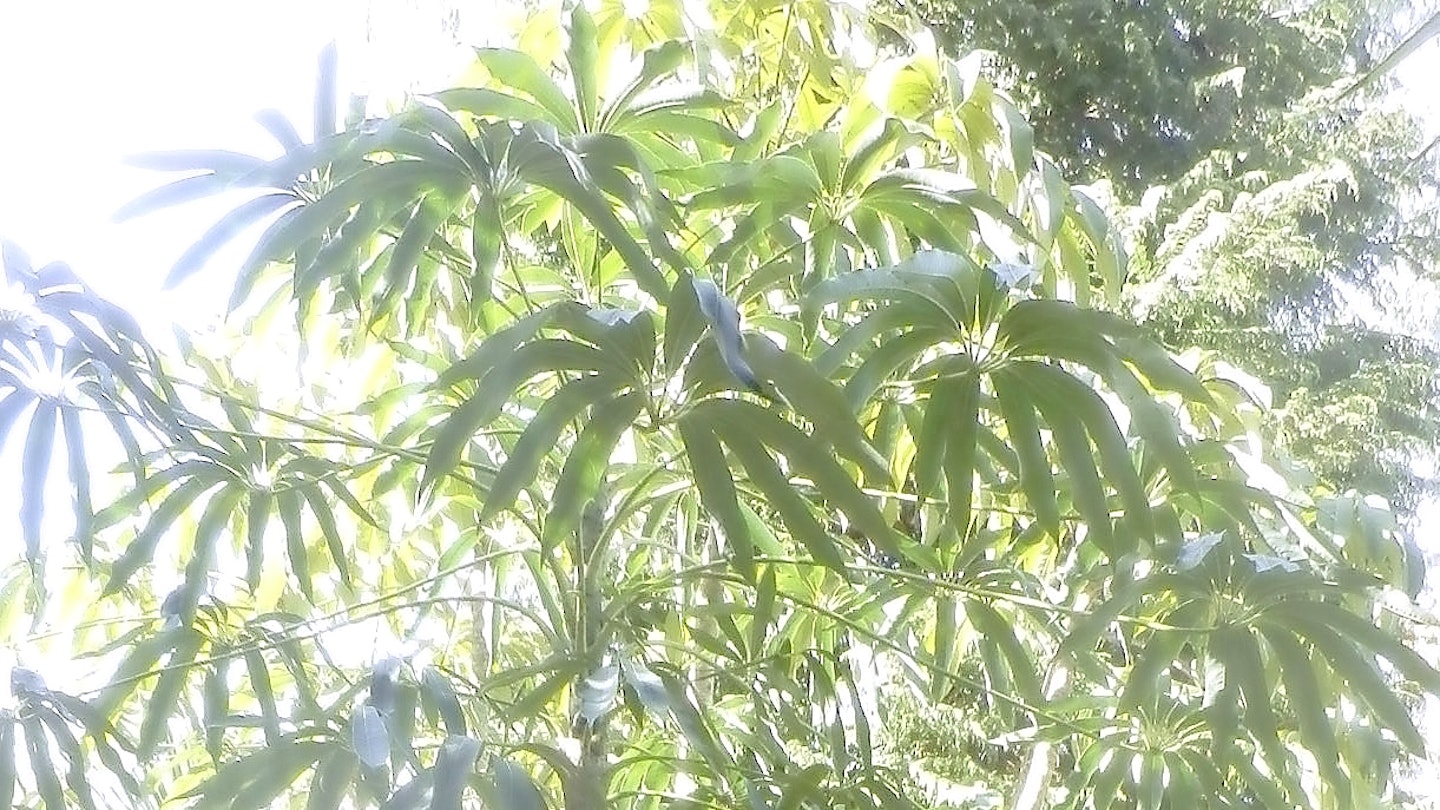While the devastating storm of 1987 wreaked havoc in many UK gardens it also compelled passionate gardeners Doug and Linda Smith to start collecting plants, resulting in the three national collections of eucalyptus, araliaceae and podocarpus they now hold for conservation charity Plant Heritage.
“We had recently moved in when the storm hit, levelling the old apple trees I had hoped to shape the garden with,” said Doug. “With little left we needed fast-growing evergreens for light shade and shelter, and chose eucalyptus.” After testing them for durability and hardiness, they currently grow 32 different species on their two acre property. “Shining gum, Eucalyptus nitens proved the most impressive, achieving 100ft in 25 years!” said Doug, who became involved with Plant Heritage in the mid-1990’s after visiting local gardens with National Collections. He has chaired the charity’s Hampshire Group for 16 years and was, until recently, a Trustee. “I loved the range of people I meet through Plant Heritage, enabling me to access a vast range of plants,” added Doug.

Fatsia polycarpa ‘Needham’s Form’
His love of the exotic and unusual plants he now grows in his subtropical-style garden was fired after a trip to Cornwall where he first saw shrubby members of the Araliaceae or ivy family, many with architectural leaves and unusual growth habits. “They’re quite unlike ivy,” said Doug. “I grow the more tender ones in pots, keeping them under glass in winter. Of the hardy ones I adore the lobed leaves of Fatsia polycarpa ‘Needham’s Form’ and whorled foliage of Schleffera taiwaniana, which look good among the tree ferns, cannas and bananas and other schlefferas!”
The Smiths’ garden ‘Meon Orchard’, in Kingsmead, Hampshire, regularly opens for the National Garden Scheme.
How you can be a plant hero
You can help preserve unusual plants in your garden! The Plant Heritage charity works to conserve the nation’s garden plants through the National Plant Collection Scheme and Individual Plant Guardians, and is looking for Garden news readers to get involved with its crucial work.
Contact collections@plantheritage.org.uk for more information or visit www.plantheritage.org.uk.
